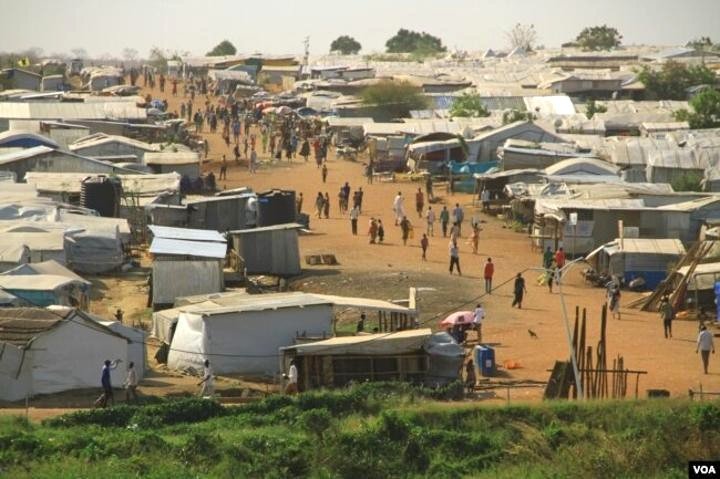By Matik Kueth
Authorities in Juba’s Protection of Civilians (POC) Site have recorded 143 abortion cases between January and June 2025, raising urgent concerns about the plight of displaced women and girls living under extreme vulnerability in the camp.
Speaking to King Media on Friday, Asunta Adwok, Human Rights Coordinator at the site, revealed the alarming figure, noting that many of the abortions were carried out in secrecy, with fetuses “being disposed of in waste dumps or toilets”.
She highlighted the dangerous and desperate conditions many girls are facing in the displacement camps.
“These cases have reached 143 according to reports, with fetuses being disposed of in waste dumps or toilets. These issues occur in various ways within the camp, and the cases are still ongoing, even increasing,” Adwok said.
Adwok explained that the causes are complex and often stem from neglect, sexual violence, or lack of support after unintended pregnancies.
In many cases, school-aged girls find themselves pregnant after consensual relationships where men refuse responsibility, or tragically, as a result of rape, with little to no guidance or institutional support, they turn to unsafe and hidden abortions.
“A girl may become pregnant by mistake by a man who refuses to marry her or even acknowledge his responsibility toward the child. As a result, when she finds no solution, her only option is to dispose of the fetus, especially if she cannot find anyone to take responsibility,” she explains.
Adwok called on the government and humanitarian organizations to intervene and strengthen social support systems within the POC site.
She emphasized the importance of education and emotional support, particularly for young girls navigating the trauma of unwanted pregnancies.
“I urge the government and supporting organizations to encourage girls to continue their education properly and guide them in such situations. If a girl becomes pregnant, it should not be an obstacle. She should be able to find support to continue her education after childbirth,” she urged.
The human rights coordinator further appealed to girls and women in the camp, urging them to find strength in faith and community rather than shame.
“Pregnancy is not a shame; it is a natural and common occurrence. God will be with them in this hardship, and this child may have a great future,” she stressed.
Wuor Keah Duach, a member of the security watch group Nuer Ka Nguan (N4), also stated that such incidents have occurred, but the ladies have always escaped, and the newborns have always been recovered on the top of the latrines’ slaps.
“Well, such cases have been happening and we as the N4 watch group have witnessed a lot of issues pertaining such cases. So, girls and women who engage in such crimes often go without being caught after aborting the babies. It’s really hard to catch them,” he stated.
He echoed Adwok’s sentiments, calling on the young women and girls to shun abortion and instead keep their infants as a blessing from God.
The shocking statistics have ignited concerns over access to reproductive healthcare, protection against gender-based violence, and the urgent need for systemic intervention in South Sudan’s displacement camps.



